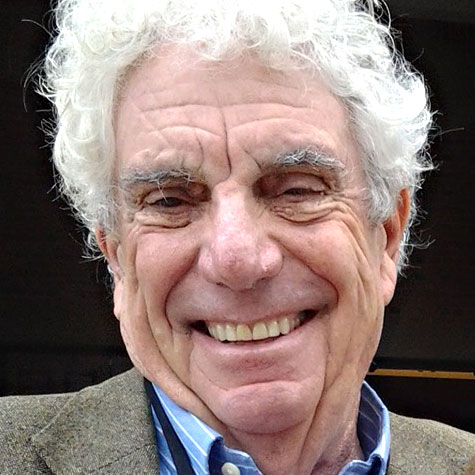No doubt Reps. Howard Berman and Brad Sherman will be confronted with questions about Iran as they campaign in the new West San Fernando Valley 30th Congressional District. Iran is likely to come up as they speak at meetings and debates and through the online messages and mailings that will besiege voters in the expensive, high-profile battle between these two candidates with remarkable similarities in their views and even their names.
I interviewed both of them recently about their feelings about Iran, a country so important to the world and our nation. Iran is particularly significant to Jewish voters, who are hearing pro and con arguments over whether the United States should join Israel in potentially attacking Iran’s nuclear facilities. The intensity of the argument was illustrated by the debate in the recent Jewish Journal cover story between Matthew Koenig, who advocates an attack, and M.J. Rosenberg, who urges restraint.
Sherman and Berman both favor tough sanctions rather than military action to prevent Iran from developing a nuclear weapon.
While their general views are about the same, there was a slight difference in the way they talked about President Barack Obama. Berman made a point of praising him at the end of our telephone conversation. “No president has spent more time or energy to prevent Iran from getting a nuclear weapon than Obama. No president has done more.”
Sherman, on the other hand, wanted Obama to be more energetic in pursuing sanctions. When we talked after his Jan. 21 community meeting at Reseda High School, I asked if he was pleased with the way the president is handling the Iran issue. “The answer is no,” he said. “I believe it is enough if we do far more than we’re doing — and we start soon.”
Still, Sherman and Berman are in a different ballpark than Republican presidential candidates Newt Gingrich, Mitt Romney and Rick Santorum, all of whom have criticized Obama as weak and advocated military action if the Tehran regime doesn’t halt its nuclear program. Gingrich, when asked what he would do as president if Israel informed him it was striking Iran, said his reply would be, “How can we help you?”
In our telephone interview, Berman emphasized his long experience with Iran, both as chair of the House Foreign Relations Committee and now as ranking Democrat. Before Obama’s election, Berman said, President George W. Bush “never once exercised his authority to impose sanctions.”
In 2009, Berman said, he introduced legislation strengthening sanctions. “The administration wanted me to weaken it, wanted more flexibility, he said. “I said, ‘Nope.’ ”
Finally, at the end of the year, Congress passed a stronger sanctions bill, written by Berman and others, banning foreign firms from doing business in the United States if they do business with Iranian oil and financial interests or Iran’s central bank. Obama, in signing the bill, said he feared it would tie his hands in dealing with foreign governments.
“Every top-tier oil company stopped investing in Iran — Italian, German, Scandinavian, Indian, [although we] still have problems with China,” Berman said. “The regime is feeling the impact of these sanctions tremendously. The currency is falling; they’ve eliminated gas subsidies.”
In addition, he said, “Iran needs to be worried about there being a military option, and China needs to [fear] instability in oil prices.”
Sherman, too, has faith in sanctions. He said they would deprive Iran of technology to develop additional drilling, buy spare parts and make it difficult for Iran to sell oil.
“You have to force foreign countries and even entire foreign economies to change their actions in regard to Iran, and restrict their dealings with Iran if they want to do business with the United States,” he said. “But it is not as harsh and disruptive as military action. I have been advocating this for 13 years, and if we had done it then, we wouldn’t have had to do it with the same vigor [we do] now. … Sanctions are a way to avoid the need for military action.”
Both men think Obama has accomplished more than his predecessor, George W. Bush, in trying to stop the Iranian nuclear program.
Sherman said Obama “is doing more than George Bush, something your readers won’t be able to understand, because George Bush’s rhetoric was so powerful that his inaction was well concealed. He prevented us from passing any sanctions legislation for eight years, and for eight years he wouldn’t enforce the laws that were already on the books.”
Similarly, Berman said, Bush, throughout his tenure, “stopped the process in its tracks. In that time, Iran had all kind of investments, including from our closest allies. He screamed about Iran, called it the axis of evil and never did a thing.”
Meanwhile Iran appears to be moving ahead with its nuclear program, and, as Berman said, “Everything changes for the world if Iran has a nuclear weapon.”
That frightening possibility will be part of the debate of every federal election this year, from the presidency down to the 30th Congressional District.























 More news and opinions than at a Shabbat dinner, right in your inbox.
More news and opinions than at a Shabbat dinner, right in your inbox.